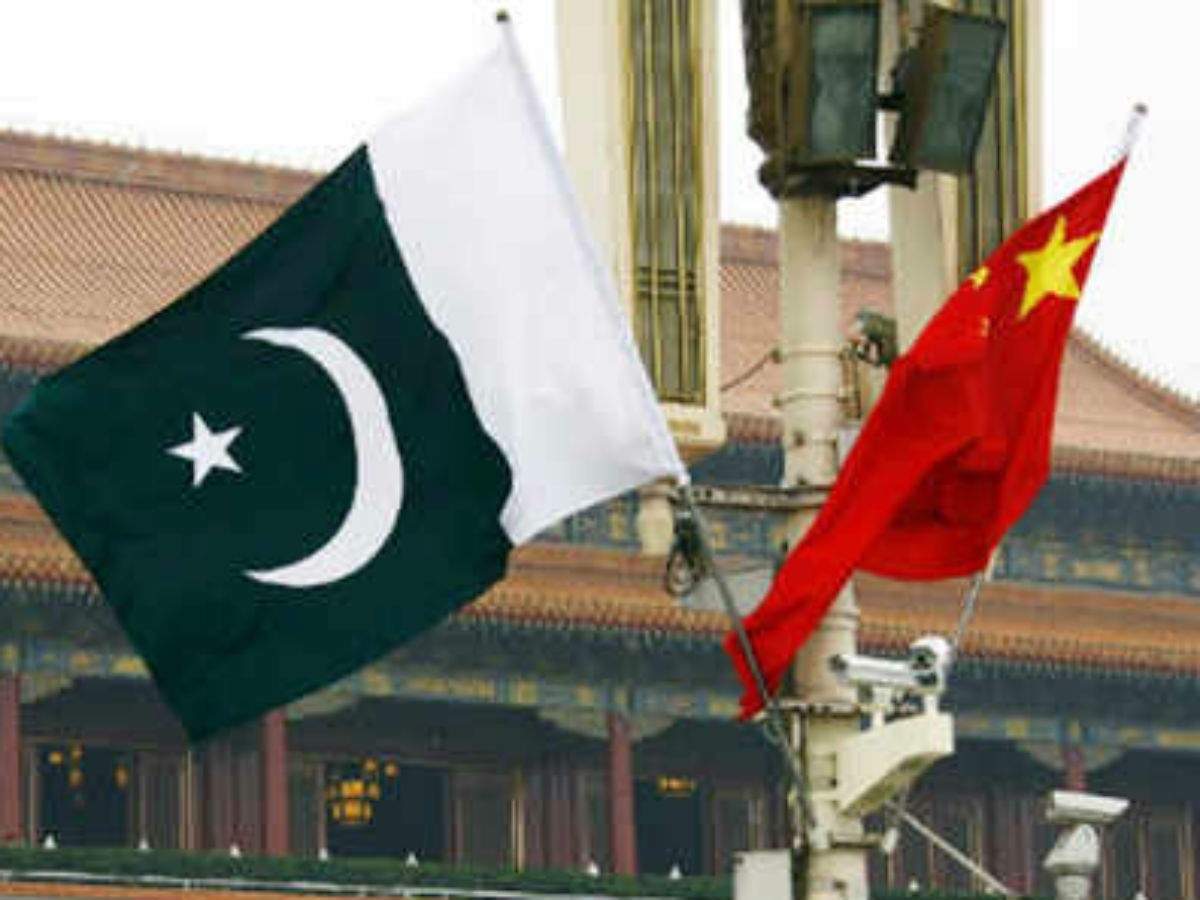Pak to step up counter-terror cooperation with China in Afghanistan: Pak envoy
Thu 02 Sep 2021, 11:59:30

Beijing: Pakistan remains cognizant of the threats posed by the various terror groups operating from Afghanistan and it will strengthen intelligence sharing, counter-terrorism cooperation with China post-US withdrawal, the country’s envoy to China has said.
The Taliban seized power in Afghanistan on August 15, two weeks before the US was set to complete its troop withdrawal after a costly two-decade war. This forced Afghan President Ashraf Ghani to flee the country to the UAE.
Pakistan remains “cognizant of the threat posed by terrorist organisations, including Tehreek-e-Taliban Pakistan (TTP), Da’esh (ISIS), the East Turkistan Islamic Movement (ETIM) and others operating from Afghanistan,” Pakistan’s Ambassador to China Moin ul Haque told state-run Global Times on Tuesday.
Pakistan will strengthen intelligence sharing, counter-terrorism cooperation with China, he added.
“We continue to work through existing mechanisms to build capacities, share intelligence, and coordinate our efforts. In view of the emerging challenges and threats, the two countries would enhance and strengthen the existing cooperation and coordination,” he said.
Since the Taliban seized power in Afghanistan last month, China which is closely coordinating with Pakistan on
formulating its Afghanistan policy has asked the militant group not to let the war-ravaged country to become a haven for terrorist groups like in it previous tenure two decades ago.
formulating its Afghanistan policy has asked the militant group not to let the war-ravaged country to become a haven for terrorist groups like in it previous tenure two decades ago.
Primarily, China which hosted a Taliban delegation in July and later established first diplomatic contacts with the group after it took control of the country last month, is insisting that the Afghan militant group should not allow Uygur Muslim militant outfit from volatile Xinjiang province to function from Afghanistan.
Xinjiang shares borders with Afghanistan, Pakistan-occupied Kashmir (POK), besides Central Asian countries of Kazakhstan, Kyrgyzstan and Tajikistan.
A recent UN report said hundreds of militants of the ETIM fighting for the independence of Xinjiang converged at Afghanistan’’s Badakhshan province which borders China’’s volatile Xinjiang province.
The report also said militants of Islamic State (IS), Al-Qaeda and Tehreek-e-Taliban Pakistan (TTP), which has been waging an insurgency against Pakistan especially in its lawless tribal areas. regrouped in the run-up to the Taliban’s offensive culminating in its sudden takeover of power in Kabul following the collapse of the Afghan army.
No Comments For This Post, Be first to write a Comment.
Most viewed from International
Most viewed from World
AIMIM News
Latest Urdu News
Most Viewed
May 26, 2020
Do you think Canada-India relations will improve under New PM Mark Carney?
Latest Videos View All
Like Us
Home
About Us
Advertise With Us
All Polls
Epaper Archives
Privacy Policy
Contact Us
Download Etemaad App
© 2025 Etemaad Daily News, All Rights Reserved.

.jpg)






.jpg)
.jpg)


.jpg)
.jpg)
.jpg)
.jpg)
.jpg)
.jpg)
























